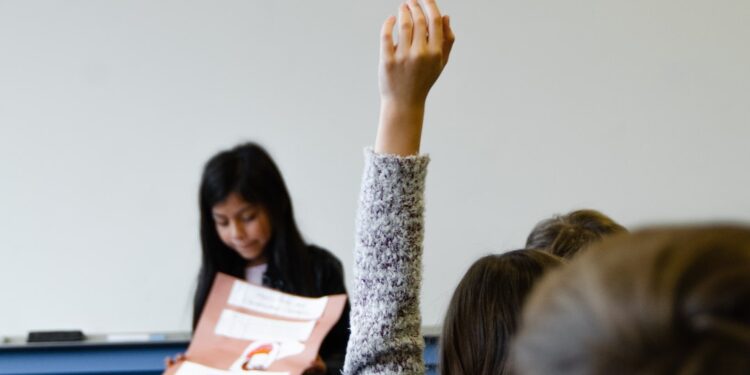The Benefits of Arts Education in Schools
In recent years, there has been a growing emphasis on science, technology, engineering, and math (STEM) education in schools. While these subjects are certainly valuable, the arts should not be neglected. Arts education, including music, visual arts, theater, and dance, plays a crucial role in the development of young minds. Here are some of the benefits of arts education in schools.
1. Academic Performance Enhancement
Contrary to what some may think, incorporating arts education into the curriculum does not detract from academic performance; in fact, it enhances it. Numerous studies have shown a positive correlation between arts education and improvements in academic achievement. Students who engage in arts education tend to perform better in standardized tests, have higher levels of creativity, and develop better critical thinking skills. By fostering creativity and encouraging students to explore new ways of thinking, arts education ultimately enhances students’ overall academic performance.
2. Developing Self-Expression and Communication Skills
The arts provide a unique outlet for self-expression. Through visual arts, music, and theater, students can express their emotions and opinions in a safe and constructive way. In a world where communication skills are of utmost importance, arts education helps students develop the ability to express themselves clearly and effectively. It fosters active listening skills, promotes empathy, and encourages collaboration, all of which are crucial in effective communication.
3. Boosting Confidence and Self-Esteem
Participating in the arts helps students develop a sense of pride and accomplishment, boosting their self-confidence and self-esteem. Whether it’s performing in a school play, showcasing a piece of artwork, or playing an instrument in a music recital, the arts give students the opportunity to showcase their talents and receive recognition for their hard work. This recognition and validation contribute significantly to the development of a positive self-image and the building of self-confidence, which will benefit them in all areas of their lives.
4. Enhancing Cultural Awareness and Appreciation
Arts education exposes students to different cultures, perspectives, and artistic expressions from around the world. By participating in and studying various art forms, students gain a deeper understanding and appreciation for different cultures and traditions. This exposure to diversity fosters inclusivity, empathy, and respect for others, making arts education a powerful tool for fostering cultural understanding and harmony.
5. Improving Problem-Solving and Critical Thinking Skills
The arts require students to think outside the box and find creative solutions to problems. Whether it’s choosing the right colors in a painting, crafting the perfect melody, or memorizing lines for a theater performance, arts education encourages students to think critically and solve problems creatively. These problem-solving and critical thinking skills developed through the arts are transferable to other subject areas and real-life situations.
6. Developing Motor Skills and Coordination
Participating in activities such as playing a musical instrument, painting, or dancing requires students to develop fine and gross motor skills as well as hand-eye coordination. These skills are crucial for the overall development of children and can positively impact their performance in other areas of their lives, such as sports and academic activities.
7. Fostering Emotional Intelligence and Resilience
Through the arts, students develop emotional intelligence by exploring different emotions, both theirs and others’. By engaging with various art forms, students can identify and manage their emotions better. In addition, the arts provide a safe space for students to process and express their feelings, which can contribute to their overall mental health and resilience.
Arts education should be an integral part of every school curriculum, as its benefits extend far beyond the classroom. By providing students with opportunities to engage in arts education, schools can nurture well-rounded individuals who excel academically while developing crucial skills such as self-expression, communication, problem-solving, and emotional intelligence. The arts foster a sense of belonging, cultural awareness, and appreciation, making them an essential component of a comprehensive education that prepares students for a successful future.














